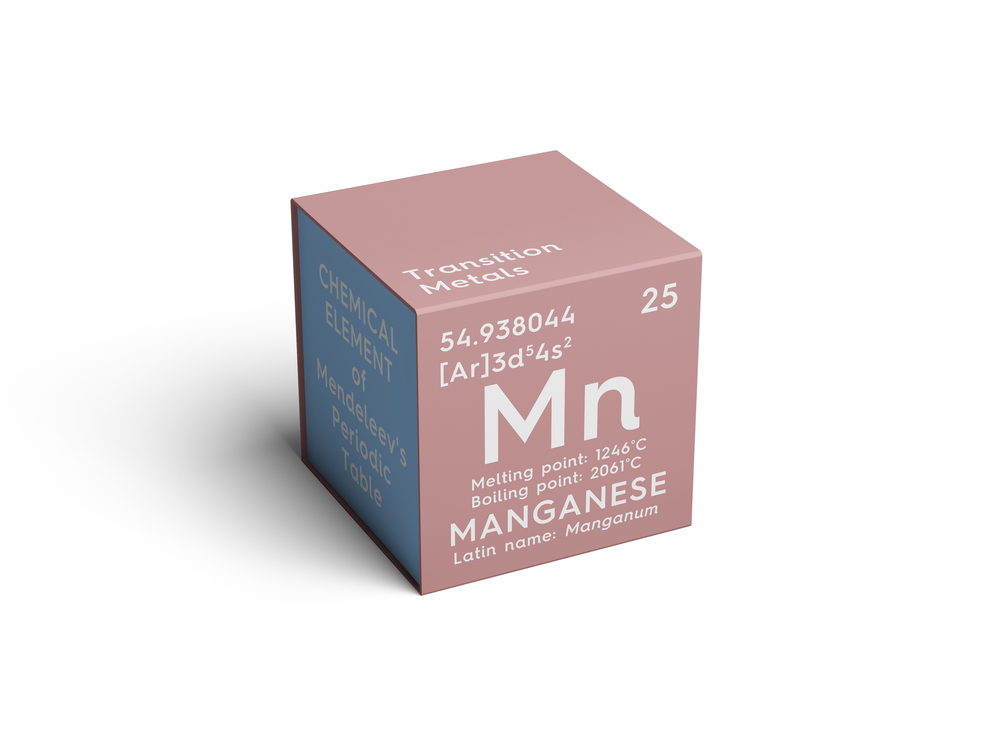Manganese Deficiency Underlies Mitochondria Defects in Leigh Syndrome, Other Diseases, Study Finds

Mutations in the SLC39A8 gene contribute to mitochondria impairments seen in Leigh syndrome by reducing the levels of manganese, a key element that protects against oxidative stress, researchers found.
The study, “Functional analysis of SLC39A8 mutations and their implications for manganese deficiency and mitochondrial disorders,” was published in the journal Scientific Reports.
Mutations in the SLC39A8 gene were previously linked to two diseases, Leigh syndrome — a progressive neurodegenerative disorder characterized by defects in mitochondrial energy production — and a disease known as congenital disorder of glycosylation type II (CDG type II), characterized by delayed psychomotor development.
How these mutations lead to human disease remains poorly understood.
Knowing that the SLC39A8 gene belongs to a family of metal transporters and has a high affinity to manganese, a key nutrient for several cellular processes, researchers asked themselves how disease-associated mutations affect the processing of this mineral and how this impacts disease.
First, they confirmed that the human SLC39A8 protein is a manganese transporter leading to a significant increase of its levels inside the cells.
The manganese uptake was completely stopped in cells expressing the mutated forms of SLC39A8 gene. In fact, previous studies reported a severe manganese deficiency in patients with CDG type II and Leigh syndrome carrying the mutated SLC39A8 gene.
“These results, combined with the severe [manganese] deficiency observed in both CDG type II and Leigh syndrome, demonstrate loss-of-function mechanisms underlying CDG type II and Leigh syndrome that are associated with hSLC39A8 mutations,” researchers wrote.
They hypothesized that the mutations in the SLC39A8 gene found in Leigh syndrome could somehow impact the mitochondria’s activity by modulating the levels of manganese.
They found that the normal SLC39A8 protein increases mitochondrial functions, while the mutated form of SLC39A8 significantly reduced levels found in mitochondria. This resulted in poor function of a mitochondria enzyme important to prevent the buildup of reactive oxygen species (ROS).
While Leigh syndrome is a mitochondrial disease, researchers found evidence of mitochondria impaired function in CDG type II. In both diseases, but especially in Leigh syndrome, mutations in the SLC39A8 gene led to increased production of ROS.
These results support the role of human SLC39A8 as a manganese transporter and that mutations in this gene reduce the levels of the mineral in cells, including in mitochondria, where it is necessary for antioxidant defense.
“The findings extend our current knowledge of the pathogenesis of inherited [manganese] deficiencies, which may facilitate the development of therapeutic targets to treat these disorders,” the study concluded.






